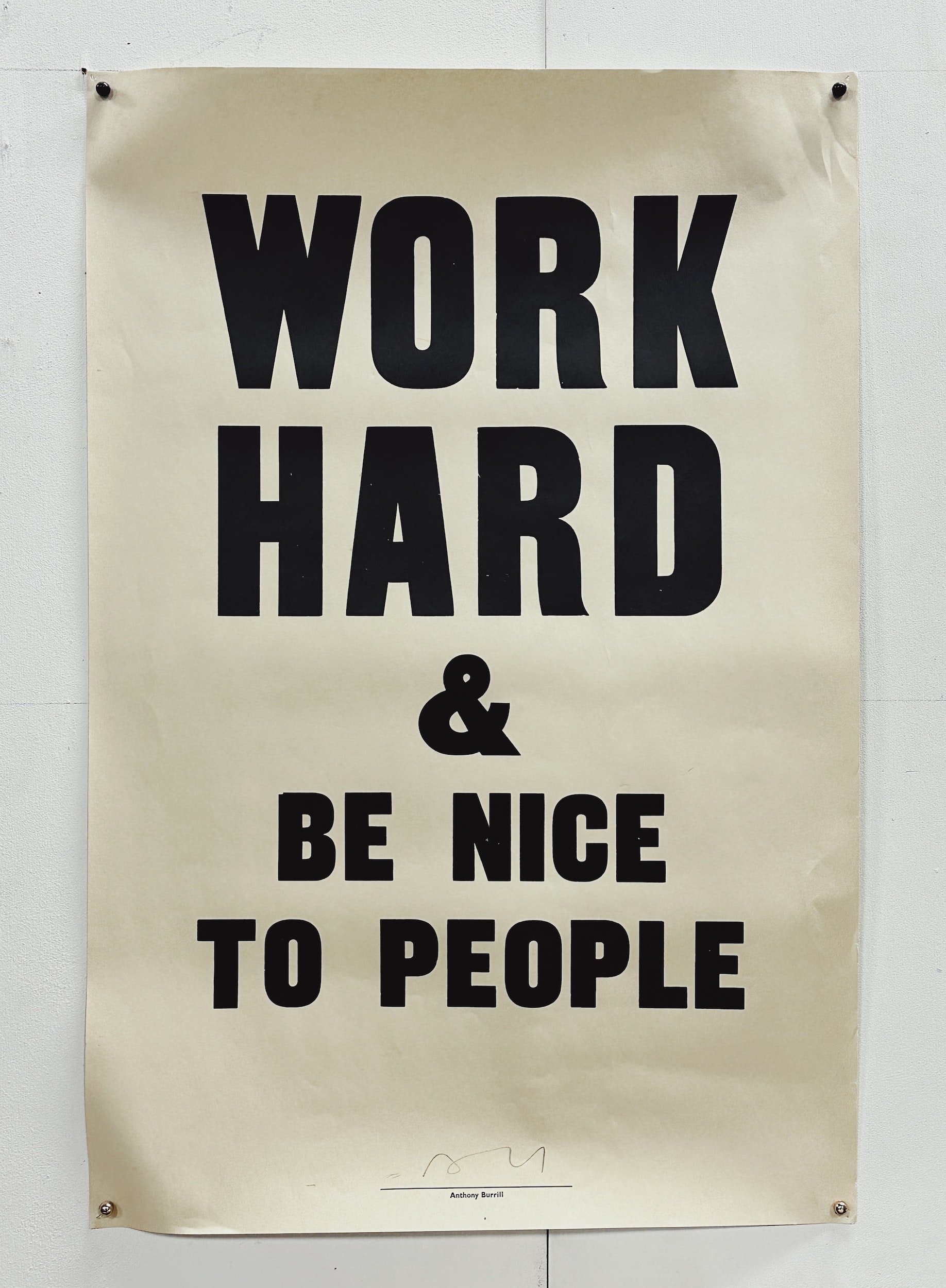
Microaggressions Limit the Leadership of Women
Microaggressions are subtle, often unintentional, verbal or nonverbal behaviors, actions, or comments that communicate derogatory or negative messages towards individuals based on their membership in a marginalized group, such as race, gender, sexual orientation, or disability. These actions can reinforce stereotypes, perpetuate bias, and create a hostile or unwelcoming environment for those who experience them.
Microaggressions can manifest in various ways and can be categorized into three common forms:
Microassaults: These are explicit and deliberate acts of discrimination or derogation. They can include using racial slurs, making derogatory comments about someone's gender or sexual orientation, or displaying overtly prejudiced behavior.
Microinsults: These are subtle, often unintentional, behaviors or comments that demean or invalidate an individual's identity or experiences. Examples include dismissing someone's opinion or expertise based on their gender, making assumptions about someone's abilities or skills due to their race, or making backhanded compliments that reinforce stereotypes.
Microinvalidations: These are actions or comments that negate or disregard an individual's experiences, feelings, or identity. They can include denying the existence of discrimination or dismissing someone's concerns by suggesting they are being too sensitive or overreacting. For example, saying, "I don't see color; we are all the same" denies the unique experiences and challenges faced by people of different racial backgrounds.

Barriers to Inclusive Leadership: Limiting Beliefs
In the context of inclusive leadership, being an upstander is critical. Rather than standing by when injustices and discrimination occur, standing up requires leadership. Barriers to leadership can come from limiting beliefs like “I cannot make a difference” or “I do not have what it takes to be of value.” Limiting beliefs are important to distinguish and overcome in order to experience your fullest leadership potential.

Valuing Diversity, Equity, and Inclusion: Understanding Microaggressions
It's important to note that microaggressions can take many forms, and it's essential to educate ourselves and actively work to avoid perpetuating them in order to create a more inclusive and equitable society. Microaggressions are subtle or indirect forms of discrimination, prejudice, or negative behavior that are often unintentional or unconscious. These can be expressed through words, actions, or behaviors that marginalize, belittle, or insult individuals based on their race, ethnicity, gender, sexual orientation, disability, or other characteristics.

Valuing Diversity, Equity, and Inclusion: Employee Retention
Most employers express the desire to have a diverse, inclusive workplace and often do not realize how critical it is to pay attention to communication. What holds most organisations back is a complex web of systemic, cultural, and structural issues that must be understood before they can be overcome.

Valuing Diversity: Expand Awareness, Train Your Team
One way to expand awareness and train your team is to provide ongoing training and education on diversity and inclusion. This can include workshops, webinars, seminars, and other forms of training that focus on topics such as: Intersectionality, Unconscious bias, Cultural competency, Inclusive language and communication, Accessibility, and Representation

Valuing Diversity: It is Not About Checking the Box
Diversity is not just about checking a box, but rather about creating a workplace culture that values and leverages the unique perspectives, experiences, and backgrounds of all employees. A meaningful diversity and inclusion strategy requires a long-term commitment and a focus on continuous improvement, not just a one-time effort to check a box. By creating a supportive and inclusive work environment that values diversity, companies can drive innovation, improve performance, and enhance company culture.

Valuing Diversity: The Opportunity to Strengthen the Corporate Bottom Line
Most employers express the desire to have a diverse, inclusive workplace and often do not realize how critical it is to pay attention to communication. What holds most organisations back is a complex web of systemic, cultural, and structural issues that must be understood before they can be overcome.

Valuing Diversity: The Dimensions are Abundant
Most employers express the desire to have a diverse, inclusive workplace and often do not realize how critical it is to pay attention to communication. What holds most organisations back is a complex web of systemic, cultural, and structural issues that must be understood before they can be overcome.

